Watch
Events
Articles
Market
More
#itisaverygoodland
Indeed it is!
At Park Neot Kedumim
https://www.neot-kedumim.org.i
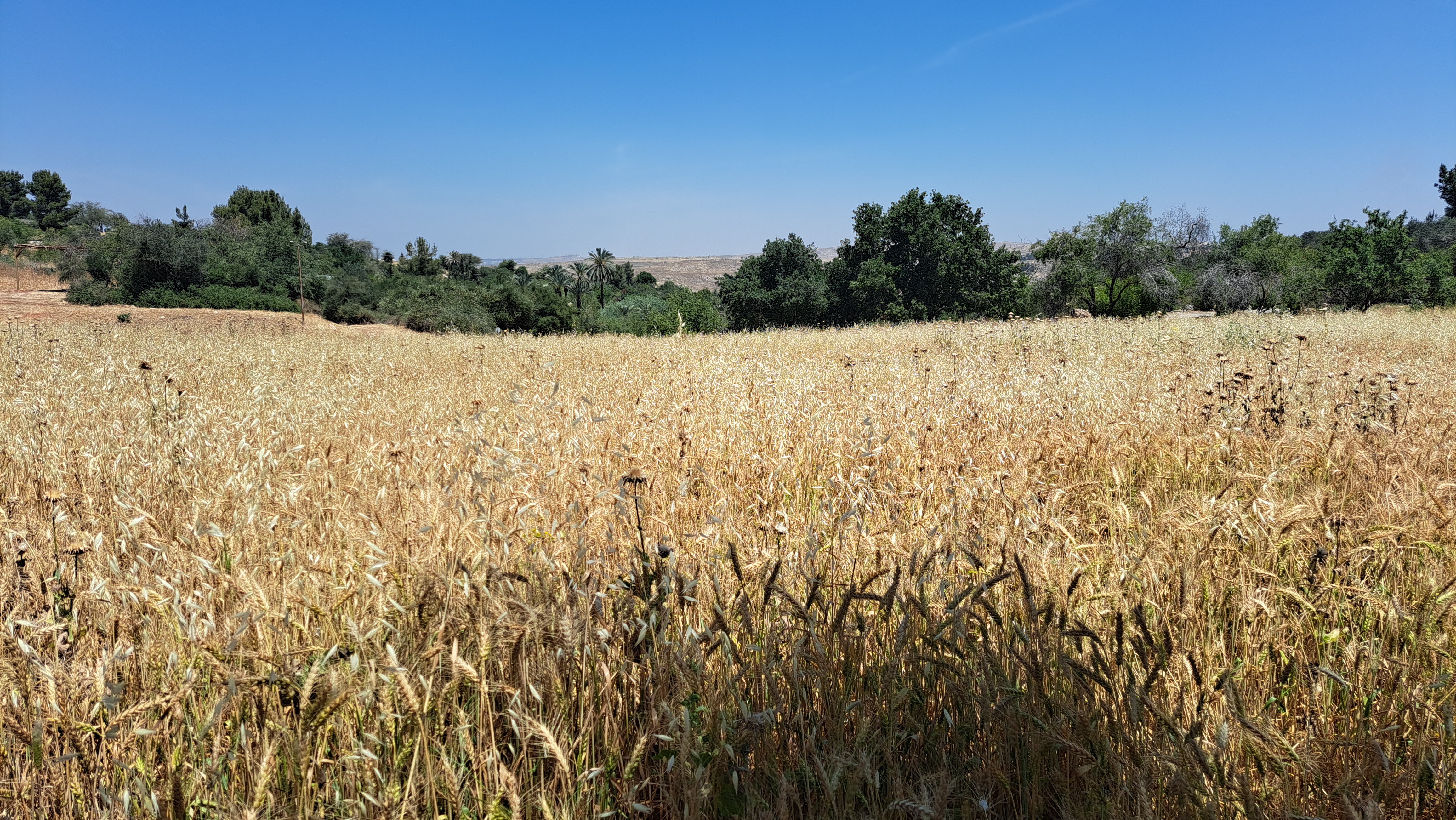



#itisaverygoodland
Indeed it is!
At Park Neot Kedumim
https://www.neot-kedumim.org.i
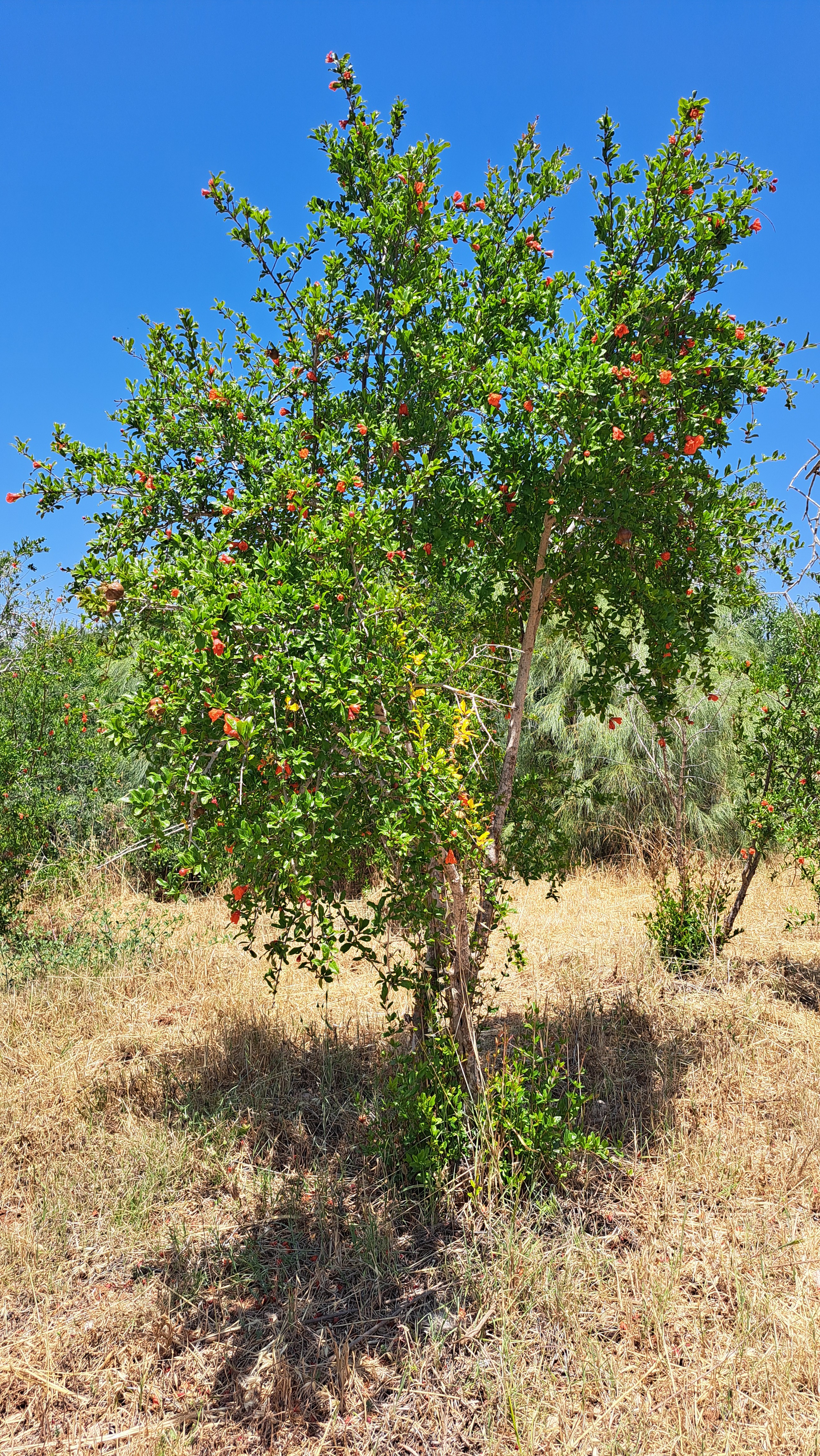



#itisaverygoodland
Indeed it is!
At Park Neot Kedumim
https://www.neot-kedumim.org.i




#itisaverygoodland
Indeed it is!
At Park Neot Kedumim
https://www.neot-kedumim.org.i




#itisaverygoodland
Indeed it is!
At Park Neot Kedumim
https://www.neot-kedumim.org.i

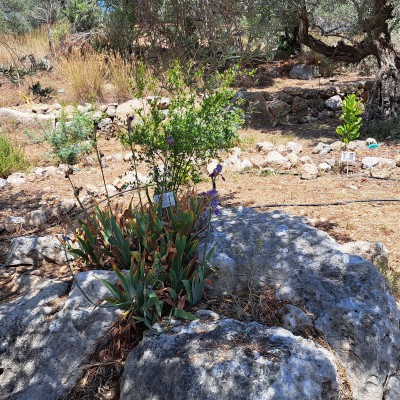
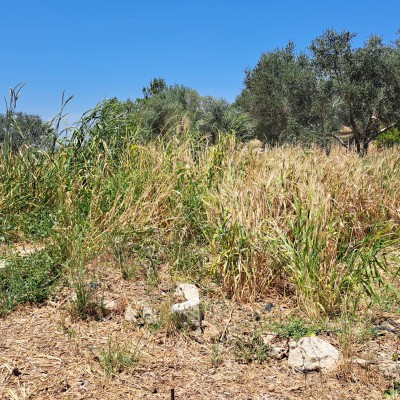
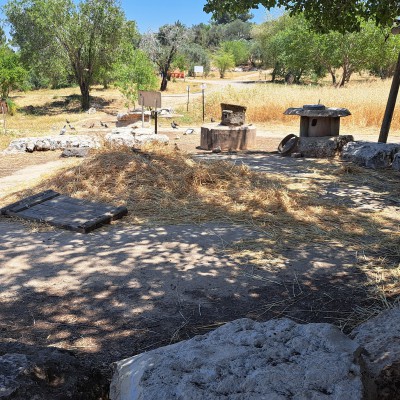
 +4
+4



1 Peter 3:15, “But in your hearts sanctify Christ as Lord. Always be prepared to give a defense to everyone who asks you the reason for the hope that is in you. But respond with gentleness and respect,” During a training session I had many years ago I was taught when in an emergency situation always remember to “STOP, THINK and GET CONTROL. This can also apply to the way re respond to other during an important conversation. before we answer we should first stop and think so we are able to get control over our tongue before we speak.






Thought for Today: Sunday May 11
Allow YHVH’s Love to seep into the inner recesses of your being. Do not close off any part of yourself from Him. He knows you inside-out, so, do not try to present a “cleaned-up” of yourself to Him. Wounds that you shut away from the Light of His Love, will fester and become wormy. Secret sins that you hide from Him can split off and develop lives of their own, controlling you without realizing it. Remember, His Love-Light search out and destroys hidden fears.


